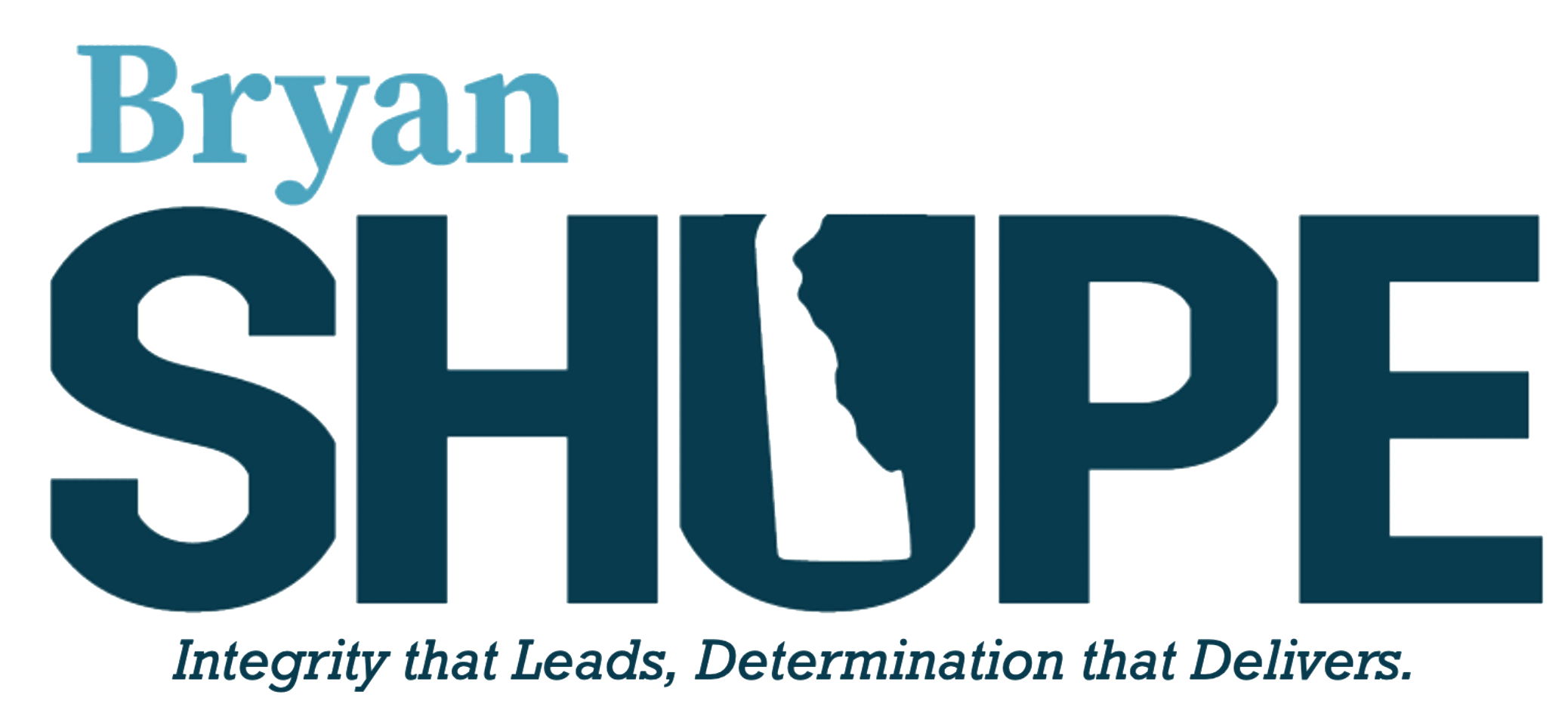A new bipartisan bill signed into law yesterday (8/9) will help attract needed medical professionals to The First State.
The measure (House Bill 48, as amended) establishes the Health Care Provider Loan Repayment Program, which will award grants to qualifying clinicians of up to $50,000 annually. Total payments to any one recipient would max out at $200,000.
The program is an attempt to battle to a shortage of medical professionals that is being felt throughout the U.S. In a report issued last year, the Association of American Medical Colleges (AAMC) projected that the nation will face a shortage of between 54,100 and 139,000 physicians by 2033. “The pandemic, which struck after the projections were completed, magnifies the need to address shortfalls in both primary care doctors and specialists,” the AAMC noted in a statement.

Nurses are also expected to be in high demand and short supply.
According to a report by the Duquesne University School of Nursing, the U.S. will need more than 200,000 new nurses each year until 2026 to fill new positions or replace retiring staffers. “Though enrollment in nursing programs is increasing, it is not sufficient to meet demand,” the reported noted. “This shortage is especially acute…for certified family nurse practitioners, who can provide primary care without a doctor’s direct supervision.”
Under the Delaware Health Care Provider Loan Repayment Program, hospitals, private practices, and other health care organizations may apply for grants on behalf of their qualifying workers. However, the law sets certain conditions. Such facilities must accept Medicare and Medicaid patients and hospitals submitting a grant application need to pledge a dollar-for-dollar match.
The grants are limited to the recruitment and retention of new primary care providers who have recently completed their graduate education. Qualifying occupations include family medicine physicians, specialists, nurse practitioners, certified nurse midwives, and physician assistants.
State Rep. Bryan Shupe (R-Milford), one of the bill’s prime sponsors, says Delaware’s primary care shortfall crisis is causing long-term delays and service delivery gaps. “Our primary care doctors and their teams are the first line of defense in our health care system and the personal time they spend with their patients helps create healthier communities one family at a time,” he said. “Investing in the future of our local doctors, through this public-private partnership, will set a precedent in focusing on our local communities and the health of our local families. I am proud to join Rep. David Bentz (D-Newark, Christiana) on this legislation to advance health care access.”
Delaware health insurers will contribute up to $1 million to initially establish the program.

